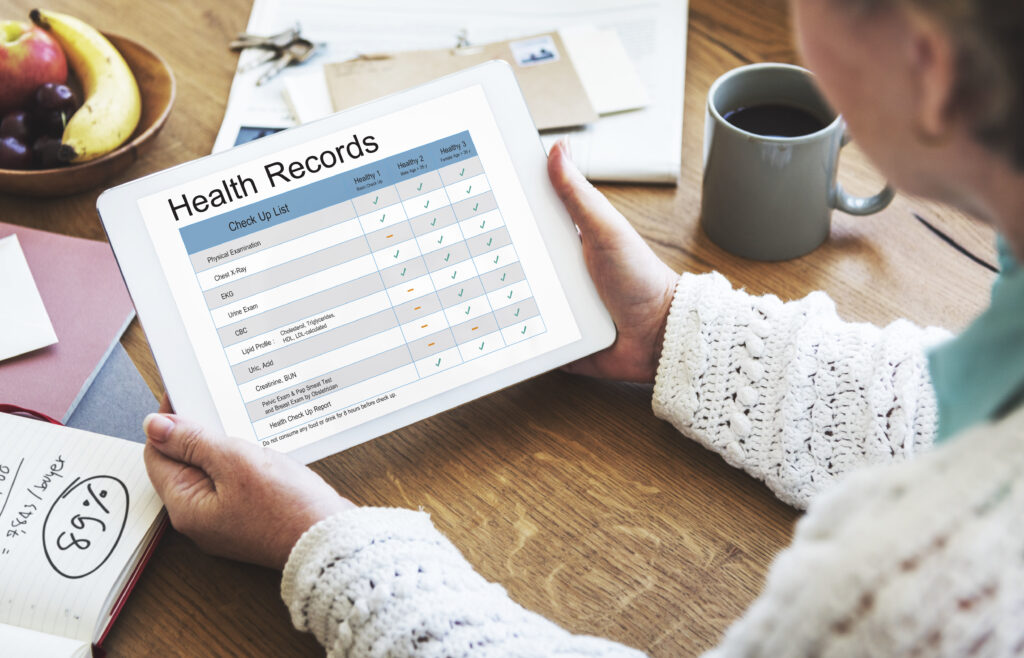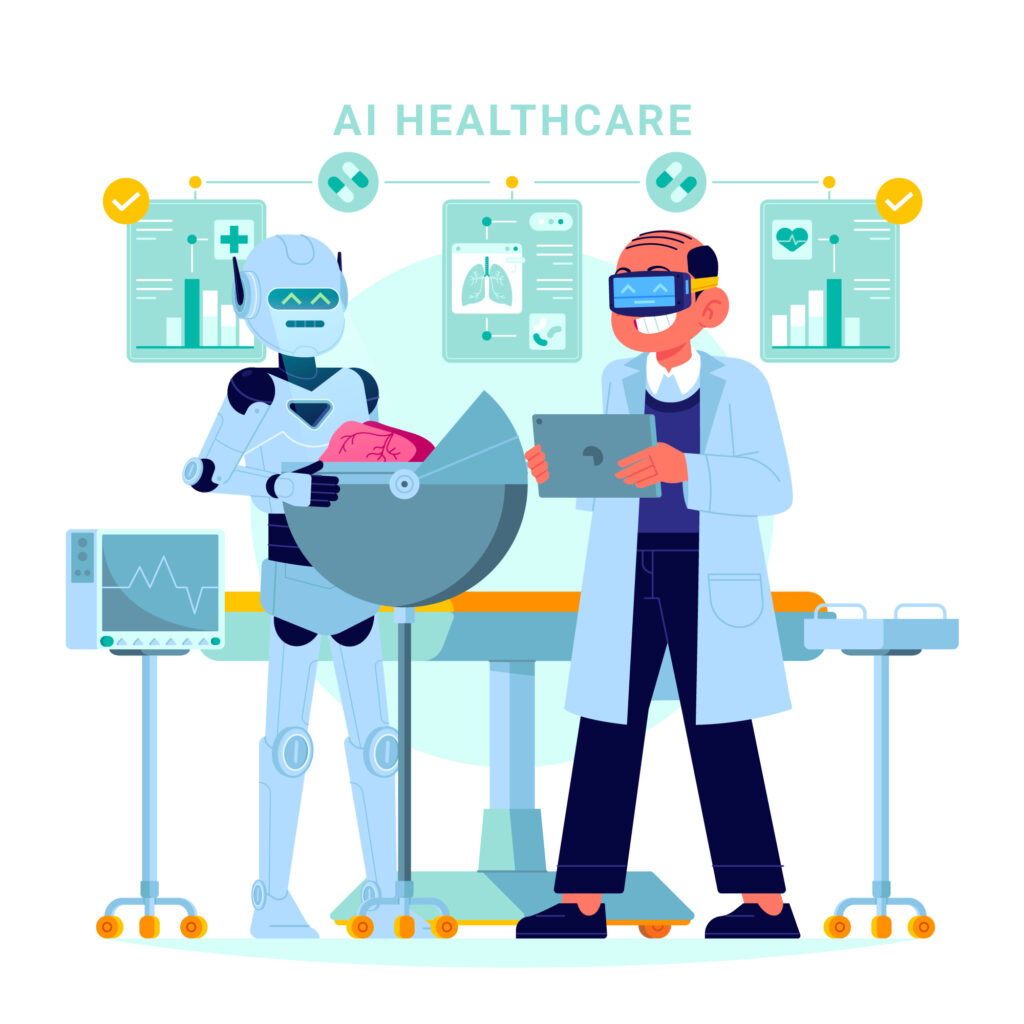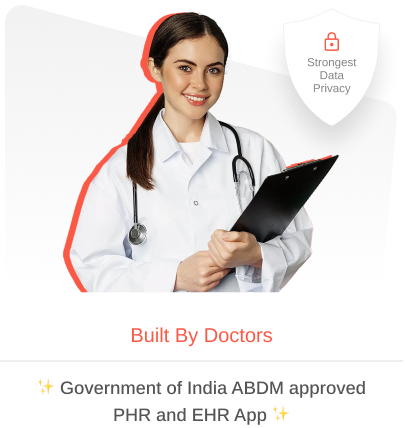Electronic Health Record Systems (EHR): A Complete Guide

As digitalization occurs in the healthcare industry, the Electronic Health Record systems play a critical role in streamlining operations, improving patient care, and optimizing workflow. These systems integrate patient management software with advanced health information management tools to provide seamless, real-time access to medical records. By eliminating paper-based documentation, EHRs improve efficiency, reduce errors, and promote data-driven decision-making. In this guide, we will explore what EHR systems are, their advantages, types, challenges, and their future role in the evolving healthcare system. What Are Electronic Health Record (EHR) Systems? Electronic Health Record Systems are digital platforms that store, manage, and retrieve patients’ medical history, treatment plans, laboratory results, and other important health information. These systems are designed to enhance the efficiency of the healthcare system by providing healthcare professionals with real-time access to patient records. EHR systems go beyond simple documentation by integrating patient management software that facilitates scheduling, billing, and prescription management. They enable easy communication among healthcare providers, ensuring better coordination of care. Additionally, they help in maintaining regulatory compliance and data security through robust health information management practices. As the demand for digital healthcare solutions grows, EHR systems continue to play an essential role in medical institutions worldwide. Advantages of Electronic Health Record Systems Improved Patient Care EHR systems enhance patient care by providing accurate and up-to-date medical histories, reducing errors, and supporting evidence-based treatment decisions. Doctors can access critical information such as allergies, medication history, and test results in real-time. Automated alerts and decision-support tools help in diagnosing and managing chronic diseases more effectively. Integration with the software ensures easy coordination between healthcare providers, leading to improved treatment outcomes. With EHRs, healthcare professionals can track a patient’s progress over time and adjust treatments accordingly. Moreover, electronic prescriptions reduce medication errors, improving overall patient safety. Increased Efficiency and Workflow Optimization By digitizing patient records, EHR systems eliminate the need for physical storage and manual paperwork and this significantly improves workflow efficiency. Automated documentation and recovery processes saves time for both medical staff and administrative personnel. Integrated health information management tools streamline appointment scheduling, billing, and insurance claims processing. This reduces administrative burdens, allowing healthcare professionals to focus on patient care. Additionally, EHRs minimize redundant tests by providing instant access to past diagnostic results. Real-time data sharing among departments ensures smooth coordination and faster decision-making. Enhanced Data Security and Compliance EHR systems incorporate advanced security measures such as encryption, access controls, and audit logs to safeguard patient information. Compliance with regulatory standards like HIPAA and GDPR ensures the confidentiality and integrity of medical records. These systems offer role-based access, restricting unauthorized personnel from viewing sensitive data. Cloud-based EHR solutions provide secure data backups, preventing loss due to hardware failures or cyber threats. Regular security updates and monitoring further enhance protection against data breaches. By maintaining accurate and secure records, EHR systems help healthcare organizations build patient trust and regulatory compliance. Better Coordination and Communication Among Providers EHR systems improve coordination between primary care physicians, specialists, and other healthcare providers by enabling better data exchange. Instant access to shared records ensures that all involved professionals have a complete understanding of a patient’s medical history. This reduces duplication of tests and prevents conflicting treatments which help in enhancing patient safety. Telemedicine integration within EHR systems further improves communication, especially for remote consultations. Enhanced interoperability between different healthcare facilities ensures continuity of care for patients across various settings. Reduced Costs and Resource Utilization The adoption of EHR systems leads to cost savings by eliminating paper-based documentation, reducing administrative expenses, and optimizing resource allocation. Automated processes lower staffing costs by minimizing the need for manual data entry. EHRs reduce duplicate testing and unnecessary hospitalizations, saving both patients and healthcare facilities significant expenses. Digital billing and automated insurance claim processing speed up reimbursements, improving financial efficiency. Furthermore, improved patient care and reduced readmission rates lead to long-term cost benefits. By optimizing workflow and reducing inefficiencies, EHRs make healthcare delivery more cost-effective. Types of Electronic Health Record Systems 1. Cloud-Based EHR Systems Cloud-based EHR solutions store patient data on secure remote servers, allowing access from any location with an internet connection. These systems offer scalability, reduced IT maintenance costs, and automatic software updates. These systems are ideal for healthcare providers looking for cost-effective and flexible solutions. They support interoperability by enabling smooth data exchange between different healthcare facilities. Additionally, cloud storage enhances disaster recovery capabilities by ensuring data backups. Security features such as encryption and multi-factor authentication protect patient information from unauthorized access. 2. On-Premise EHR Systems On-premise EHR systems store data within a healthcare facility’s internal servers, offering complete control over security and customization. These systems require higher upfront investment and IT maintenance but provide enhanced data privacy. Large hospitals and healthcare institutions prefer on-premise solutions due to their ability to integrate with existing infrastructure. Organizations can customize the system based on specific workflow requirements. Since data remains within the facility, these systems reduce dependency on third-party vendors. However, they require dedicated IT teams to manage updates, security protocols, and system performance. 3. Specialty-Specific EHR Systems Specialty-specific EHRs are designed to cater to the unique needs of particular medical fields, such as cardiology, dermatology, and paediatrics. These systems include customized templates, tools, and workflows customized to the specific requirements of different specialties. Specialty EHRs improve efficiency by streamlining documentation and diagnostic procedures for specialized treatments. They integrate with medical imaging and diagnostic devices relevant to the specialty. Physicians benefit from automated recommendations based on specialty-specific guidelines. These EHRs enhance patient outcomes by ensuring specialized treatment protocols are followed effectively. Read More: How Patient Management Software Helps Reduce Medical Errors Challenges in Implementing EHR Systems 1. High Initial Costs The implementation of EHR systems requires substantial financial investment in software, hardware, training, and ongoing maintenance. Small healthcare practices may find it challenging to allocate sufficient resources for adoption. 2. Data Security Concerns The risk of cyber threats and data breaches remains a major concern for healthcare organizations using digital records. Regular security audits and
AI in Healthcare: How ‘Ask Roojh’ Can Help

The world of healthcare is evolving rapidly, with Artificial Intelligence (AI) playing an increasingly crucial role in making healthcare more accessible, efficient, and personalized. AI-driven solutions are transforming the way patients manage their health, interact with doctors, and access vital medical information. One such revolutionary AI tool is ‘Ask Roojh’, an intelligent health assistant embedded within Roojh Health, a comprehensive patient management software designed to simplify healthcare for individuals. The Rise of AI in Healthcare AI has become a game-changer in healthcare, enabling faster diagnoses, predictive analytics, and efficient data management. It enables individuals to proactively manage their health while easing the workload on healthcare professionals. AI-driven solutions can analyze vast amounts of medical data, provide recommendations, and enhance doctor-patient interactions. With AI, healthcare is becoming more proactive rather than reactive, helping people make informed decisions before health issues escalate. What is ‘Ask Roojh’? ‘Ask Roojh’ is an AI-powered medical assistant integrated within Roojh Health. It acts as a virtual health guide, offering users instant access to medical insights, symptom analysis, and health recommendations. Unlike a simple search engine that may present scattered and sometimes misleading information, ‘Ask Roojh’ is built with medical accuracy and reliability, ensuring users receive credible and relevant health-related responses. How ‘Ask Roojh’ Enhances Healthcare Management 1. Instant Medical Guidance While not every health issue demands an urgent doctor visit, unreliable information can cause unnecessary worry and confusion. ‘Ask Roojh’ provides quick, AI-driven medical guidance based on symptoms, helping users understand possible conditions and when to seek professional help. While it doesn’t replace a doctor’s consultation, it offers preliminary insights that can ease anxiety and encourage timely action. 2. Seamless Integration with Patient Management Software Roojh Health functions as a comprehensive patient management software, allowing users to securely store and manage their medical records, prescriptions, and test results. ‘Ask Roojh’ enhances this experience by leveraging AI to analyze stored health data, providing personalized recommendations based on an individual’s medical history. This ensures that users receive insights tailored to their unique health conditions. 3. Monitoring Chronic Conditions with AI Support Effectively managing chronic conditions like diabetes and hypertension demands consistent tracking and timely interventions. ‘Ask Roojh’ assists users by: By leveraging AI-driven insights, users can take a proactive role in managing their health rather than solely depending on scheduled doctor visits. 4. Empowering Users with Informed Health Decisions The ability to make well-informed health decisions is crucial for long-term well-being. ‘Ask Roojh’ enhances health literacy by breaking down complex medical terms into simple, understandable explanations. Whether users are researching a prescribed medication, understanding a test result, or exploring treatment options, ‘Ask Roojh’ ensures they have access to the right information at the right time. AI and Data Security in Healthcare One of the primary concerns with AI-driven healthcare solutions is data security. Roojh Health, as a trusted patient management software, ensures that all health records are securely encrypted and comply with government regulations, including the ABHA (Ayushman Bharat Health Account) initiative. ‘Ask Roojh’ operates within this secure ecosystem, ensuring user data remains confidential and protected while delivering valuable insights. The Future of AI in Personal Healthcare Management AI is advancing rapidly, and its impact on healthcare is set to grow even further. With advancements in predictive analytics, machine learning, and real-time health monitoring, AI-driven tools like ‘Ask Roojh’ will become even more precise and proactive in healthcare management system. Potential future advancements may include: Why Choose Roojh Health? Roojh Health is more than just an app—it is a holistic patient management software designed to simplify healthcare for individuals. Whether you’re looking for a secure platform to manage your medical records, AI-powered health insights, or smooth integration with government healthcare initiatives like ABHA, Roojh Health offers a complete and reliable solution. With ‘Ask Roojh’ by your side, managing health has never been easier. The AI-driven medical assistant provides precise, real-time, and tailored health insights, empowering you to take charge of your well-being. Read More: What is the Impact of Telemedicine in the Health Management System? Final Thoughts AI in healthcare is no longer a futuristic concept—it is transforming lives today. Tools like ‘Ask Roojh’ are redefining personal health management, offering users instant access to credible medical insights while seamlessly integrating with their health records. With Roojh Health’s patient management software, individuals can enjoy a smarter, more informed approach to healthcare. To explore how ‘Ask Roojh’ can simplify your health journey, visit Roojh Health today!
How Healthcare Management Systems Enhance Patient Care

In today’s increasingly hectic healthcare world, effective management of patient information is a key element in the delivery of excellent health care. During this course of action, Healthcare Management Systems (HMS) have become essential tools in the hands of healthcare providers, facilitating seamless operations improvement, enhancing workflow efficiencies, and improving overall patient care. A good Healthcare Management System (HMS) reduces clutter, improves the accuracy of medical records, and enhances communication between patients and doctors. Roojh offers a comprehensive HMS packed with features that directly improve patient care. In this blog, we’ll explore how these systems elevate care quality—and why Roojh stands out as one of the top choices for modern healthcare facilities. Key Benefits of Healthcare Management Systems for Patient Care Improved Access to Patient Data Fast access to accurate patient data is essential for effective decision-making in any hospital. An active health management system enables medical professionals to quickly reference stored medical histories, prescriptions, test results, and treatment plans. By storing records electronically, hospitals eliminate the need for duplicate paper files, which are prone to loss or outdated, inaccurate information. Roojh empowers healthcare providers to access complete patient profiles in real-time, allowing doctors and nurses to make faster, more informed decisions. As a result, patients receive prompt and precise treatment, which minimizes medical errors and significantly improves overall care outcomes. Efficient Appointment Scheduling Managing appointments often leads to issues such as overlapping bookings, patient no-shows, or missed follow-ups—all of which negatively impact patient care. To address this, Roojh streamlines the process by automating the entire appointment scheduling system. Specifically, it sends timely reminders to both patients and healthcare staff, ensuring that patients don’t forget their appointments. As a result, no-shows and cancellations are significantly reduced. In addition, the system dynamically adjusts appointment times based on patient availability, which helps minimize wait times and enhances the overall patient flow within the facility. Consequently, this not only boosts operational efficiency but also contributes to a significantly better patient experience. An efficient scheduling system contributes to the fact that Roojh allows healthcare providers to attend to care at the appointed time, create capacity, and enhance patient experience. Enhanced Communication and Coordination Efficient communication is key to boosting patient care activities. Without a unified platform of communication, healthcare workers spend a lot of time and effort attempting to retrieve vital information, which can prove critical in timely diagnosis or treatment. The application known as Roojh changes all of this by allowing medical staff to easily share test results, updates regarding the patients, and treatment plans. For instance, when a doctor orders a laboratory test, the system automatically directs the results to the doctor’s dashboard. This enables quick evaluation and informed discussion about the patient’s care pathway. Such a streamlined flow of communication enhances collaboration and reduces the risk of miscommunication between departments, ensuring patients receive effective and well-coordinated treatment. Real-Time Alerts and Reminders Severe outcomes can result from missing critical steps in patient care. Roojh has established automated alerts and reminders, which will inform healthcare providers about important actions like upcoming appointments, follow-up tests, or overdue treatments. All notifications can be customized appropriately to a patient’s care journey. For example, when a patient needs to schedule a follow-up visit, Roojh sends a reminder to the patient and notifies the healthcare provider. This ensures the healthcare professional takes the necessary steps, maintains continuity of care, reduces missed appointments, and improves patient compliance with treatment. Streamlined Billing and Payments This situation often leads to errors, delays, and frustration for both patients and healthcare providers. Roojh simplifies billing by automating invoicing and tracking payments. It fully integrates with each patient’s records, allowing the system to accurately bill and process every service rendered. It helps lift some workload off the shoulders of healthcare staff and prevents and minimizes common issues such as missed charges or billing discrepancies. Automated reminders for the payment and online payment options provide some ease for patients to pay the bills, improved cash flow for the facility, and improved patient experience. With billing streamlined this way, a health care provider can concentrate more on what truly matters- patient care. Read More: How a Healthcare Management System Simplifies Hospital Operations Why Choose Roojh? Roojh is the best Healthcare Management System craftily designed for today’s healthcare hospital. It streamlines workflows, enhances patient care, an automates tedious administrative tasks. From managing patient records to complying with the latest healthcare standards, Roojh makes all possible efforts and provides a complete solution to improve efficiencies while reducing operational costs. Conclusion The Healthcare Management System is a powerful medium to improve patient care in several ways. It makes it possible to quickly gain patient data access, automate scheduling, improve communication, add real-time alerts, streamline billing, and safeguard sensitive information – all of these help healthcare providers deliver bettercare while reducing the administrative burden. Roojh makes it possible to take such steps. In today’s world of healthcare, where every second and absolute correctness matters, a strong Healthcare Management System such as Roojh can very well build an impact on the quality of care dispensed to a patient. Roojh it and start improving patient care immediately!




